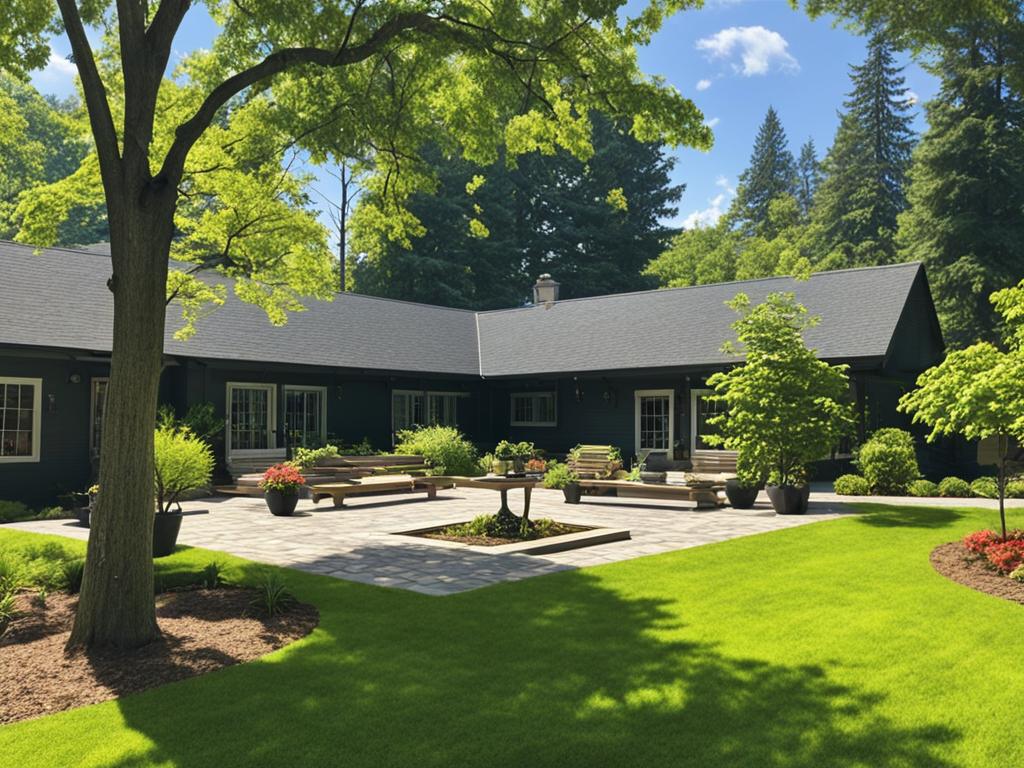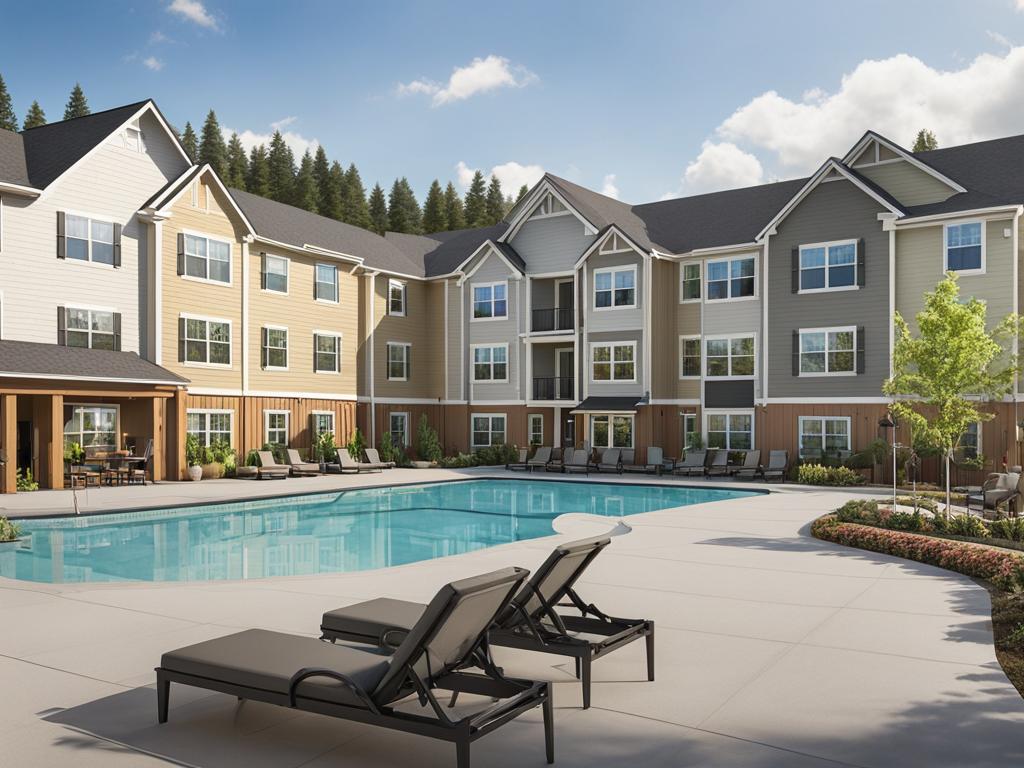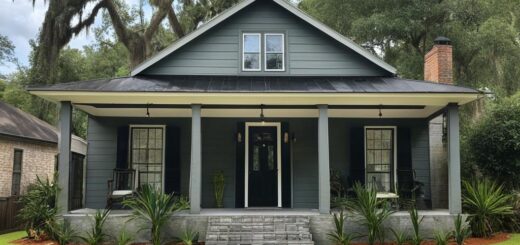Transitional Sober Living: A Path to Recovery
Overcoming addiction can be a challenging and daunting task, but with the right support and resources, it is possible. One such resource that has proven to be effective in helping individuals achieve lasting recovery is Transitional Sober Living. This type of recovery housing, also known as a sober living facility, provides a safe and supportive environment for individuals in early recovery to transition from addiction to a healthier, substance-free lifestyle.
Key Takeaways:
- Transitional Sober Living offers a structured and supportive environment for individuals in early recovery.
- A strong sober living community, therapy, life skills training, and ongoing support are key components of a successful transitional sober living program.
- Finding the right recovery housing option is crucial to aligning with an individual’s specific needs and goals in recovery.
- Ongoing support and aftercare programs are important for maintaining sobriety and continuing personal growth beyond the transitional phase.
- Transitional Sober Living is a critical step towards lasting recovery and a healthier, substance-free lifestyle.
What is Transitional Sober Living?
Transitional sober living is a structured and supportive environment designed for individuals in early recovery from addiction. These programs, also known as sober living homes, halfway houses, or transitional living programs, provide a safe and substance-free living space for individuals to transition from addiction to a healthier lifestyle.
Research shows that individuals who participated in transitional housing for addiction had a higher rate of abstinence and were less likely to experience relapse than those who did not.
Transitional sober living homes provide guidance and accountability for residents through group meetings, peer support, and sober living rules and expectations. These programs are essential for individuals who have completed addiction treatment and need ongoing support and structure to successfully transition back into daily life.
Additionally, residents have access to resources such as career counseling, life skills training, and therapy to help them build a strong foundation for sustainable recovery. With the right support and resources, individuals in early recovery can successfully navigate the challenges of addiction and achieve lasting recovery.
Benefits of Transitional Sober Living
Transitional sober living offers a unique set of benefits to individuals in early recovery. One of the major advantages is the supportive community that understands the challenges of addiction recovery. Living in a sober house with others who are committed to maintaining sobriety provides a sense of belonging and support that can be crucial in achieving long-term recovery.
Another key benefit of transitional housing for addiction is sober living support. Residents have access to a range of support services, including group therapy, individual counseling, and life skills training. These resources help individuals develop the coping skills and strategies necessary to maintain sobriety and build a strong foundation for lifelong recovery.
Research has shown that individuals who participate in sober living programs are more likely to achieve long-term sobriety than those who do not. Transitional sober living provides a structured and supportive environment that helps individuals develop the skills and confidence necessary to successfully transition back into society.

“Living in a sober house with others who are committed to maintaining sobriety provides a sense of belonging and support that can be crucial in achieving long-term recovery.”
Components of a Successful Transitional Sober Living Program
A successful transitional sober living program comprises several essential components that help individuals achieve long-term sobriety. A strong sober living community is critical in providing individuals with a support system that understands the challenges of addiction recovery. Peer support and connections made through the sober living community can have a significant impact on an individual’s recovery journey.
Transitional housing for substance abuse often provides therapy and life skills training to equip individuals with strategies and tools to manage sobriety successfully. Therapy can be an effective treatment option for various mental and behavioral health disorders that often co-occur with substance use disorders. Life skills training can help individuals acquire practical skills such as budgeting, time management, and self-care that are crucial in transitioning back into society.
Finally, ongoing support is essential to the success of a transitional sober living program. This support can come in the form of case management, education, and vocational training, which can help individuals find stable employment and become self-sufficient post-transitional phase. With these essential components in place, individuals can confidently navigate the challenges of addiction recovery and achieve lasting success.
Finding the Right Transitional Sober Living Option
Choosing the right recovery housing such as sober living facilities or recovery housing is critical for individuals seeking a successful transition to sober living. It is essential to find a reputable program that aligns with an individual’s specific needs and goals in recovery. With so many options available, conducting thorough research and making informed decisions is crucial.
When considering transitional sober living options, it is essential to look for programs that offer a safe and supportive environment, guidance, and accountability. Ask questions about the program’s rules and requirements, the level of structure and supervision provided, and the types of services offered. Look for programs that provide personalized treatment plans and evidence-based approaches to addiction recovery.
If possible, visit the sober living facility or recovery housing in person to get a feel for the environment and the level of support offered. Talking to current or former residents can also provide valuable insights into the program’s effectiveness and suitability.
Ultimately, finding the right transitional sober living option requires careful consideration and research. By taking the time to select a reputable program that meets an individual’s specific needs and goals, they can ensure a smoother transition to success in recovery.

Life After Transitional Sober Living
Transitioning back into independent living after a stay at a recovery housing or transitional living program can be both exciting and challenging. It is crucial to continue seeking recovery resources and support to maintain sobriety and personal growth.
Ongoing support is essential in the post-transitional phase. This may include continued therapy, 12-step meetings, and sober companionship. Utilizing these resources can help individuals overcome challenges and maintain a strong foundation in recovery.
It is also important to continue building life skills and practicing self-care, including exercise and proper nutrition, to support physical and mental health.
“Recovery is a lifelong journey, and it is essential to stay committed to our personal growth and wellbeing.”
Individuals may also consider aftercare programs offered by their recovery housing or transitional living program. These programs offer continued support and guidance, including job training and assistance with finding employment, to help individuals successfully transition back into society.
Remember, recovery is a lifelong journey. Embracing personal growth and utilizing post-transitional resources can help individuals thrive in their sober lifestyle.
Conclusion
In conclusion, Transitional Sober Living is a crucial step towards lasting recovery and a healthier, substance-free lifestyle. Recovery housing, such as sober living facilities, provides individuals in early recovery with the structured and supportive environment they need to successfully transition from addiction to an independent and fulfilling life.
Choosing the right transitional sober living option is essential for anyone seeking recovery from addiction. It is important to conduct research and find a reputable sober living facility or recovery housing that aligns with an individual’s specific needs and goals in recovery.
While transitional sober living may be temporary, the skills and support gained during this phase can help individuals maintain their sobriety and continue to grow in their personal lives beyond this phase of recovery.
Overall, with the right support and resources, individuals can overcome addiction and achieve lasting recovery. Transitional Sober Living is an important part of this journey, providing individuals with the tools and support they need to live a happy, healthy, and substance-free life.



Recent Comments